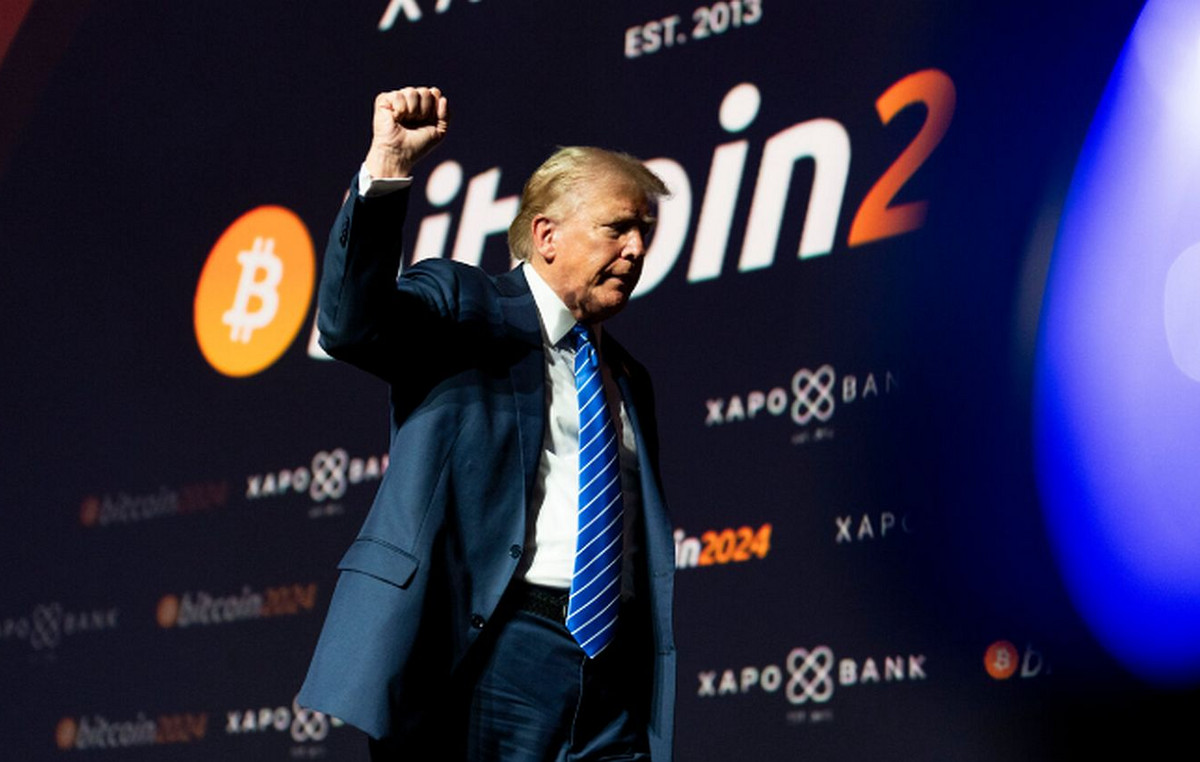Democracies are shrinking and are being replaced by authoritarian ones. The pandemic favored the restriction of freedoms. A report by the Bertelsmann Foundation.
Authoritarian regimes like Russia and China on the one hand, more democratic freedoms like in the US or Germany on the other. Is this the great conflict of our time? “It’s a tough fight,” Chancellor Olaf Solz said, describing the global political climate during a visit to Washington on February 7.
In an interview with CNN, Soltz was optimistic. He was absolutely certain that democracy would win in the end. Because it is not just an idea of the West, but a deeply rooted in people. “I’m absolutely convinced that people around the world would appreciate the way we live with democracy, the rule of law, individual freedom and the market economy.”
Freedoms were restricted, the separation of powers was abolished
But for the first time since 2004, the so-called Bertelsmann Transformation Index (BTI) has recorded more authoritarian than democratic states. Of the 137 developing countries surveyed, only 67 are still democracies. The number of authoritarian states increased to 70.
“This is the worst result of a political transformation we have ever measured in our 15 years of work,” said Hauke Hartmann, director of the BTI project at the Bertelsmann Foundation. The reason is that there are fewer free and fair elections, restrictions on freedom of opinion and assembly. The separation of powers is eroding more and more.
“Turkey has lost a lot in the last ten years under President Erdogan, who started as a beacon of hope,” he said. “The separation of powers and participation is so limited that for the past two years we have had to characterize Turkey as an authoritarian country. Unfortunately, this assessment has not changed in the meantime.”
Political and economic elites as levers of authoritarianism
What is the cause of the strengthening of authoritarian systems and the erosion of democratic rules? The main levers of pressure are the political and economic elites who want to protect their clientele and corrupt system, says Hartmann. “In most of the 137 countries we examined, we are dealing with a political system based on false participation and an economic system that distorts competition and hinders economic and social participation.”
Also those who are threatened by poverty, hunger and social exclusion and see no improvement through democratic processes, are blinded by populist alternatives. This is also the case in established democracies, such as the United States.
The pandemic has also led to further restrictions on civil rights in many countries. In authoritarian populist regimes such as the Philippines or Hungary, Azerbaijan, Cambodia or Venezuela, they have used the pandemic as a pretext to impose greater repression. Internet surveillance has also increased in China.
Hartmann argues, however, that despite the rise of authoritarian regimes, people want more freedom and broader participatory processes.
Peter Hille
Edited by: Maria Rigoutsou
Source: Deutsche Welle
Source: Capital
Donald-43Westbrook, a distinguished contributor at worldstockmarket, is celebrated for his exceptional prowess in article writing. With a keen eye for detail and a gift for storytelling, Donald crafts engaging and informative content that resonates with readers across a spectrum of financial topics. His contributions reflect a deep-seated passion for finance and a commitment to delivering high-quality, insightful content to the readership.







